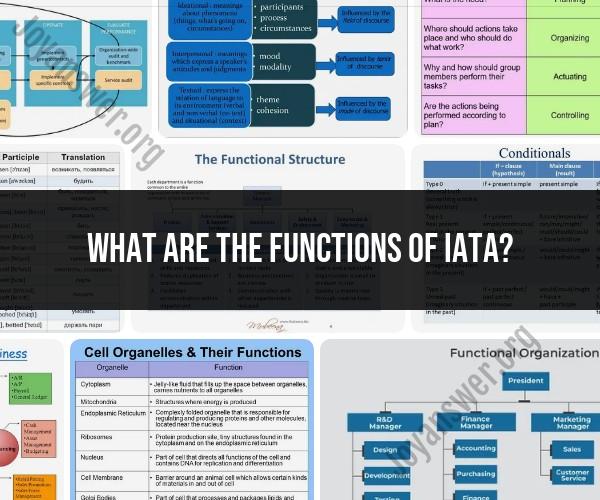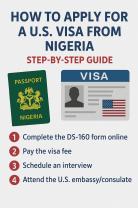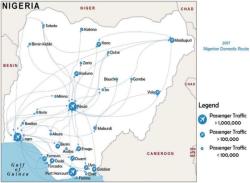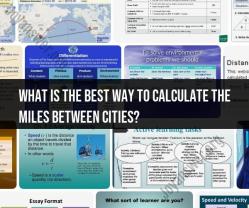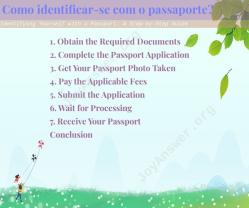What are the functions of IATA?
The International Air Transport Association (IATA) plays a pivotal role in the global aviation industry by performing various functions and providing services that facilitate the safe, efficient, and cost-effective operation of airlines and air travel. Here are some of the primary functions and roles of IATA:
Safety Oversight:
- IATA works to enhance aviation safety globally by developing safety standards and best practices. It assists member airlines in complying with safety regulations and provides training and resources to improve safety performance.
Industry Advocacy:
- IATA represents the interests of its member airlines in discussions with governments, international organizations, and regulatory bodies. It advocates for policies and regulations that promote a competitive and sustainable aviation industry.
Global Standards Setting:
- IATA develops and maintains global industry standards and best practices in various areas, including ticketing, baggage handling, and cargo operations. These standards help ensure consistency and interoperability among airlines and industry stakeholders.
Passenger Services:
- IATA provides services to improve the passenger experience, such as developing standards for electronic ticketing (e-ticketing), baggage tracking, and passenger data exchange. It also offers programs to promote efficient airport processes, such as Fast Travel and Simplifying Passenger Travel.
Cargo Services:
- IATA sets standards and provides services to streamline air cargo operations, including the development of e-Air Waybills (e-AWBs), cargo handling procedures, and industry initiatives like e-freight.
Billing and Settlement:
- IATA manages the Billing and Settlement Plan (BSP), which facilitates the exchange of payments and settlements among airlines, travel agents, and other stakeholders involved in ticketing and sales.
Training and Education:
- IATA offers training and education programs for aviation professionals, including pilots, cabin crew, maintenance personnel, and airline management. These programs enhance skills, safety, and compliance with industry standards.
Economic Analysis:
- IATA conducts economic research and analysis to provide airlines with insights into market trends, pricing strategies, and financial performance. It publishes reports on the economic health of the industry.
Environmental Sustainability:
- IATA is committed to environmental sustainability in aviation. It works on initiatives to reduce carbon emissions, improve fuel efficiency, and promote sustainable aviation fuels. It also advocates for the adoption of global environmental policies.
Security and Facilitation:
- IATA collaborates with governments and security organizations to enhance aviation security measures while ensuring efficient passenger and cargo facilitation. It provides guidelines and recommendations to improve security processes.
Industry Communication:
- IATA serves as a platform for communication and collaboration among airlines, airports, regulators, and other aviation stakeholders. It organizes conferences, forums, and events to facilitate networking and knowledge sharing.
Technology and Innovation:
- IATA promotes the adoption of innovative technologies in the aviation industry, such as the use of digital platforms for passenger services, baggage tracking, and data sharing.
Health and Safety:
- IATA played a significant role during the COVID-19 pandemic by providing guidance and recommendations to airlines and governments to ensure the health and safety of passengers and crew members.
These functions collectively support IATA's mission to represent, lead, and serve the airline industry, contributing to its growth, safety, and sustainability. IATA's work is essential in maintaining the global connectivity and efficiency of air travel.
